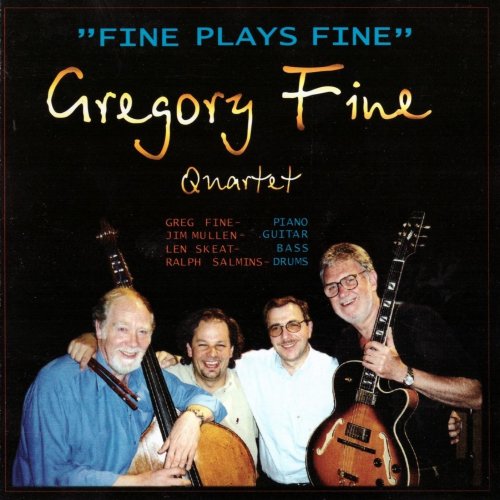Münchner Symphoniker & Kevin John Edusei - Schubert: Symphonies Nos. 5 & 6 (2018) [Hi-Res]

Artist: Münchner Symphoniker & Kevin John Edusei
Title: Schubert: Symphonies Nos. 5 & 6
Year Of Release: 2018
Label: Solo Musica
Genre: Classical
Quality: flac lossless / flac 24bits - 192.0kHz +booklet
Total Time: 00:58:51
Total Size: 278 mb / 2.1 gb
WebSite: Album Preview
TracklistTitle: Schubert: Symphonies Nos. 5 & 6
Year Of Release: 2018
Label: Solo Musica
Genre: Classical
Quality: flac lossless / flac 24bits - 192.0kHz +booklet
Total Time: 00:58:51
Total Size: 278 mb / 2.1 gb
WebSite: Album Preview
---------
01. Symphony No. 5 in B-Flat Major, D. 485: I. Allegro
02. Symphony No. 5 in B-Flat Major, D. 485: II. Andante con moto
03. Symphony No. 5 in B-Flat Major, D. 485: III. Menuetto. Allegro molto
04. Symphony No. 5 in B-Flat Major, D. 485: IV. Allegro vivace
05. Symphony No. 6 in C Major, D. 589 "Little": I. Adagio-Allegro
06. Symphony No. 6 in C Major, D. 589 "Little": II. Andante
07. Symphony No. 6 in C Major, D. 589 "Little": III. Scherzo. Presto
08. Symphony No. 6 in C Major, D. 589 "Little": IV. Allegro moderato
The recording presented here is dedicated to the last two symphonies of Franz Schubert’s earlier compositional period. Both are united by their emergence in the atmosphere of the amateur orchestra founded by Otto Hatwig, in which Franz played the viola, and his brother Ferdinand the violin. This orchestra was a stroke of luck for the young Schubert, akin to a laboratory where he could thoroughly test his compositions against the works of composing contemporaries such as Haydn, Mozart, Beethoven and Méhul, and in real world conditions. Nevertheless, in their compositional intent, the symphonies are so fundamentally different that it is tempting to present these two dissimilar siblings on one album. Looking at the entire cycle of the Schubert symphonies, and the existential crisis in which Schubert found himself after 1818, this criticism seems in hindsight to be justified only to a certain extent. The creative chasm that opened up in front of Schubert is documented in his many symphonic drafts and abandoned works. In chamber music and in song composition, his productivity likewise decreased considerably. At that time, there was also the break with his father. Against this background, the Sixth seems like a charming “coming-of-age” work that demonstrated to the composer – with the utmost severity – the creative limits of youth-fuelled ardor.

![The Modificators & Alexei Borisov - Amanita Moskovia (2026) [Hi-Res] The Modificators & Alexei Borisov - Amanita Moskovia (2026) [Hi-Res]](https://www.dibpic.com/uploads/posts/2026-02/1770367165_dkflm1w7bm8aa_600.jpg)

![Stefan Vale - Duo (Remastered 2026) [Hi-Res] Stefan Vale - Duo (Remastered 2026) [Hi-Res]](https://www.dibpic.com/uploads/posts/2026-02/1770223721_cover.jpg)
![Karin Krog & John Surman - Infinite Paths (2015) [Hi-Res] Karin Krog & John Surman - Infinite Paths (2015) [Hi-Res]](https://www.dibpic.com/uploads/posts/2026-02/1770025527_env1crs2mqx1a_600.jpg)



![Donna Privana - The Inverted Third (2026) [Hi-Res] Donna Privana - The Inverted Third (2026) [Hi-Res]](https://www.dibpic.com/uploads/posts/2026-02/1770018326_cover.jpg)